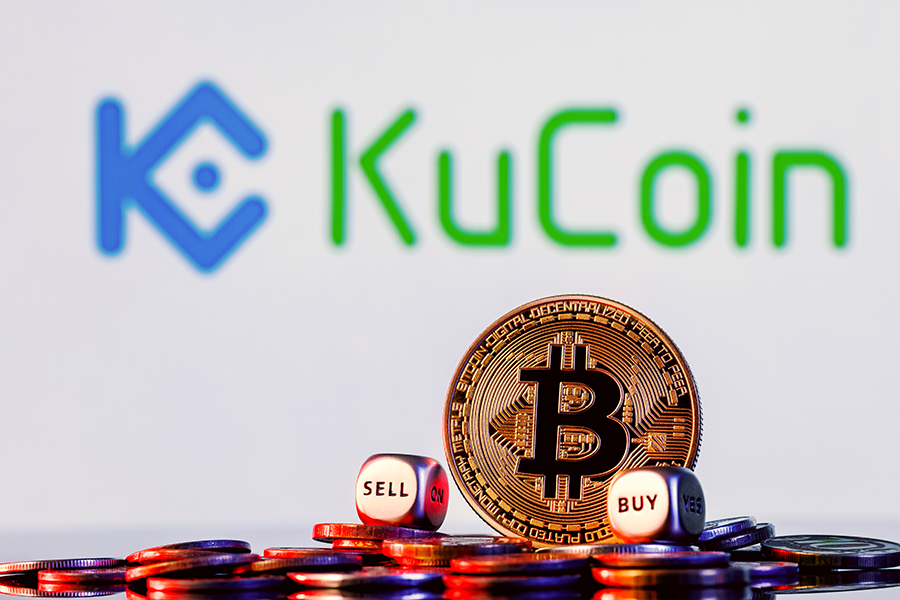
According to Homeland Security Investigations Special Agent Darren McCormack, KuCoin is implicated in an elaborate criminal conspiracy involving billions of dollars.
The charges leveled by federal prosecutors accuse KuCoin and its founders, Chun Gan and Ke Tang, of operating as a money-transmitting business in the United States without proper registration or anti-money laundering measures. Despite serving over 30 million customers, the exchange allegedly failed to establish a comprehensive Know Your Customer (KYC) or anti-money laundering (AML) program until 2023, with the KYC protocols neglecting existing customers.
The U.S. Department of Justice highlighted KuCoin's failure to register with the Financial Crimes Enforcement Network as a money services business, leaving it vulnerable to exploitation for laundering proceeds from illicit activities such as sanctions violations, darknet markets, and various fraudulent schemes. Notably, KuCoin is implicated in receiving over $3.2 million worth of cryptocurrency from Tornado Cash, a sanctioned crypto mixer, as cited in criminal filings against developers associated with the platform.
Additionally, the Commodity Futures Trading Commission (CFTC) filed a lawsuit against KuCoin for its failure to register as a futures commission merchant, swap execution facility, or designated contract market. The CFTC's complaint further accuses KuCoin of lacking a proper KYC program, seeking monetary penalties and injunctions.
Homeland Security Investigations labeled KuCoin as a "multibillion-dollar criminal conspiracy," emphasizing its significant role as one of the largest crypto exchanges worldwide.
U.S. Attorney Damien Williams condemned KuCoin's attempts to conceal the extent of U.S. user participation on its platform, describing it as a haven for illicit money laundering with over $5 billion received and $4 billion sent in suspicious and criminal funds.
Following the announcement, KuCoin's native token (KCS) experienced a 5% drop, while Bitcoin's (BTC) price exhibited 1% volatility, currently trading around $70,000.
These developments follow recent enforcement actions against Binance, the world's leading crypto exchange, by the DOJ, CFTC, and Treasury Department, indicating heightened regulatory scrutiny within the cryptocurrency industry.
Tokenizing real-world assets transforms them into digital tokens on a blockchain, allowing for more efficient, transparent, and global transactions.
MoreTokenizing real-world assets on a blockchain can transform the way we interact with tangible and intangible assets by offering enhanced security, transparency, and liquidity.
MoreImagine you are a real estate developer or investor looking to expand your asset's accessibility and liquidity.
MoreTokenization of real-world assets on blockchain technology like Avalanche opens up new avenues for asset liquidity, transparency, and security.
More